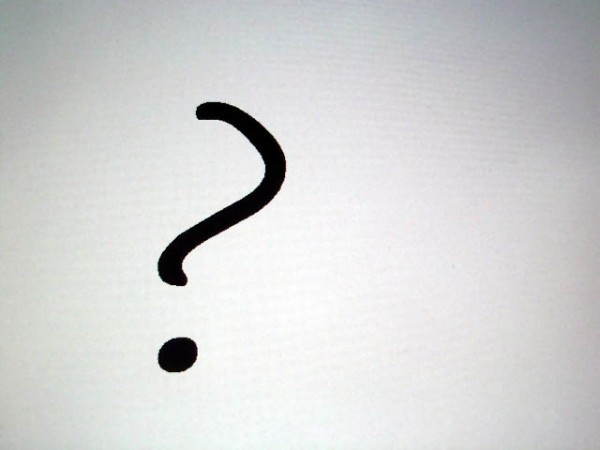 Recently I was asked by fellow freelance writer and friend, “How much should I charge for copywriting on a website?” I answered her question and later thought, This would be perfect for a blog post!
Recently I was asked by fellow freelance writer and friend, “How much should I charge for copywriting on a website?” I answered her question and later thought, This would be perfect for a blog post!
So here’s 5 things to remember the next time you wonder how much you should charge for a copywriting project:
1. Bid on a Project Basis, Not Hourly
I know most people already know this but some people still want to bid on an hourly basis. I highly recommend bidding on a “project basis” for two reasons:
First, this helps the client know what the exact budget is for the project. They don’t have to worry the “timer” is ticking every time they call you. It can be stressful if the client knows you charge $75-$125/hour and you just had a 20 minute call with them.
You want your clients to feel comfortable calling you (others may disagree but I’ll tell you right now I’m a HUGE advocate of excellent customer service. I believe stellar service trumps time management any day of the week).
Secondly, if you bid on project basis you are more motivated to get the job done faster because you know you’ll make more. This helps reduce the amount of time you spend waste procrastinating (i.e. checking your Facebook, warming up your coffee for the 6th time, etc.)
Back to my friend.
I encouraged her to bid the website project on a project basis and explained exactly how I do it: I estimate (to the best of my ability) how long the project will take. Then I multiply that by my hourly rate. I don’t even mention my hourly rate (it’s unnecessary).
2. How Many Pages Will You Be Writing?
Some sites only have a few basic pages that require copy. Other sites could have hundreds of pages. So you must find out how much copy you’re expected to write. Review their current site and ask something like, “Do you want to have the same amount of copy as your current site? More? Less?”
Personally, I’d prefer to bid too high and get denied than bid too low and end up making $10/hour because I underestimated how much time it would take.
3. Ask LOTS of Questions
Don’t expect the client to automatically tell you what you need to know. Go into the meeting with a “consultative” mindset. What I mean is to take the role of a consultant and ask lots of questions to uncover their needs.
I have a series of questions I ask during this process but I’m not shy to ask a lot more than what’s on my standard list. I’d also suggest recording your conversation (especially if it’s a big client) with a digital recorder.
4. Get Everything in Writing
After you feel like you understand exactly what the client needs let them know you’ll follow up with a formal bid letter within 24 hours. This takes the pressure off of quoting on the spot. If they insist on a price give them a broad range (i.e. $500-$1,500).
I suggest having a bid letter template you can modify for each client. In the bid letter you want to include the following:
- Client’s name and address.
- Thank them for the opportunity to bid on the project.
- Exactly what’s included in the price (BE SPECIFIC!).
- What will it take to get started (i.e. down payment and signed bid letter)?
- What would happen if the client decided to terminate the project midway through?
- How they can return the letter to you (i.e. fax, email, mail).
- Place for them to sign.
- A little disclaimer at the end that states this is not a legally approved document.
5. How Low Will You Go?
Sooner or later you’ll have someone try to negotiate price with you. That’s fine. Don’t be intimidated by this. If you already know how low you’re willing to go then you’ll have much more confidence negotiating.
When you get caught off guard by negotiations you could potentially agree to do a job at a price you’ll later regret.
I hope this helps you as you bid on your next freelance copywriting project.
If you have any other tips please leave a comment below.
About Josh Monen
Josh is a direct response copywriter and marketing strategist who makes a living by achieving remarkable results for his clients. His unique understanding of human psychology and marketing principles make him a valuable asset to the clients he serves.